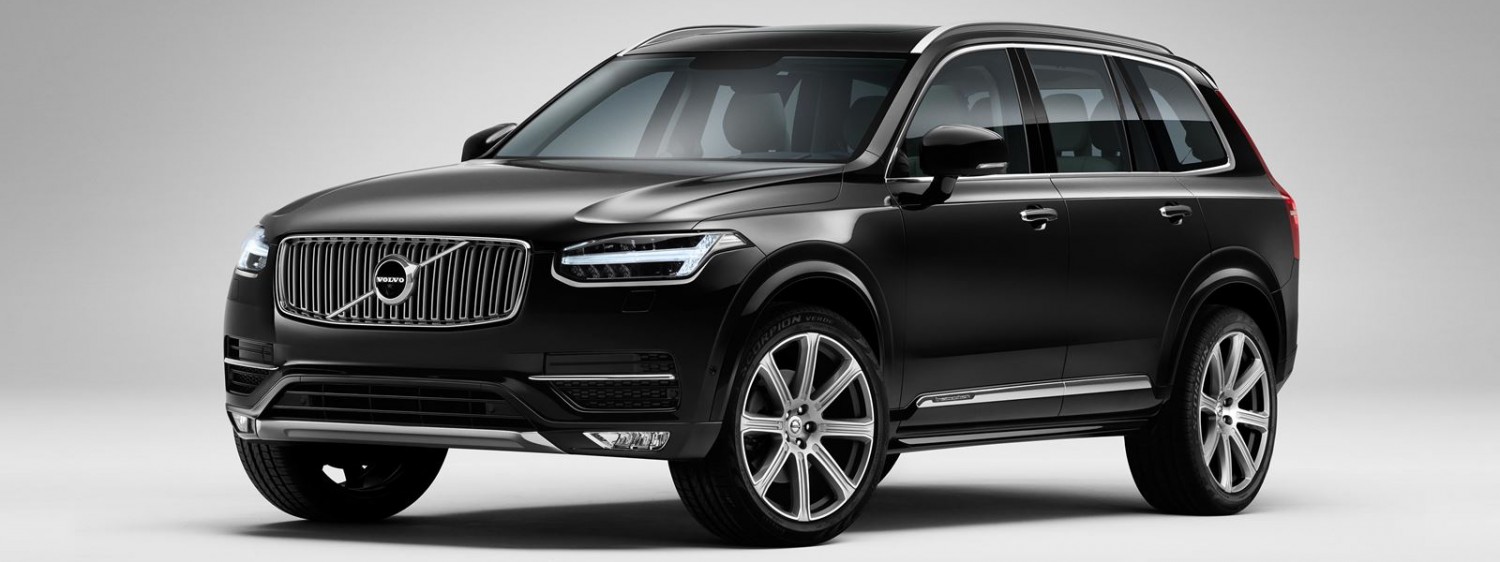Auto companies are trying to persuade Chinese consumers to spend money they don’t yet have, a trick that goes against thousands of years of culture that warns: “One must think of poverty even when wealthy”.
Auto financing is relatively new to mainland China, but the country has still managed to become the world’s fastest growing major autos market, and second in size only to the United States, with consumers who still prefer cash to credit.
Photo
“Financing has huge potential but it takes time, because you have to change the behaviour of the customer,” Ulrich Walker, chief executive of DaimlerChrysler Northeast Asia, told reporters ahead of the Shanghai Auto Show.
“It will take a couple more years,” he said.
DaimlerChrysler reckons financing accounts for about 10 percent of sales in China compared to 30-40 percent globally.
With an eye on that untapped market, DaimlerChrysler is launching a campaign to put Chinese drivers behind the wheel of a brand new E-280 Mercedes-Benz for just 280 yuan (18 pounds) per day (for 3 years), and after handing over a 30 percent downpayment.
“This is an innovative concept that should help a lot more people hopefully to buy a Mercedes,” said Wolf Bay, chief executive of DaimlerChrysler Auto Finance in China.
The Chinese auto market grew at 30 percent last year, with almost 5.2 million new passenger cars sold, and double-digit growth is seen continuing this year.
But that growth would be even greater if Chinese would break with some old habits, and just spend.
“Most people still buy cars with cash,” laments Ma Qingsheng, a senior manager at the BMW Group in China.
Photo
But the Munich-based carmaker has applied along with partner Shenzhen Development Bank to promote auto financing to reverse that habit.
Yoshimi Inaba, who heads up Toyota Motor Corp.’s Chinese operations, told Reuters that around 85 percent of Toyota’s customers in China still pay cash for their cars.
“The auto financing business is an area that’s going to see tremendous growth. It will take time to get the proper regulations in place, but once that happens it will give a big boost to auto financing, which will in turn prompt the next stage of growth in Chinese car sales,” he said.
Inaba said retail financing was still a “grass-roots” business and each carmaker had to carry out its own background checks on borrowers, sometimes visiting their homes and making sure their jobs were stable. He said Toyota had not had any significant problems with defaults.
Some foreign automakers don’t see the lack of financing as a problem.
“When someone has a net worth of $30 million (15 million pounds), buying a car is not a big concern,” said Stuart McCullough, a member of the board for Bentley Motors Ltd., now part of the Volkswagen stable.
“Financing is not a big part of our business,” he said.
Bentleys can cost as much as 13 million yuan in China.
Reuters
